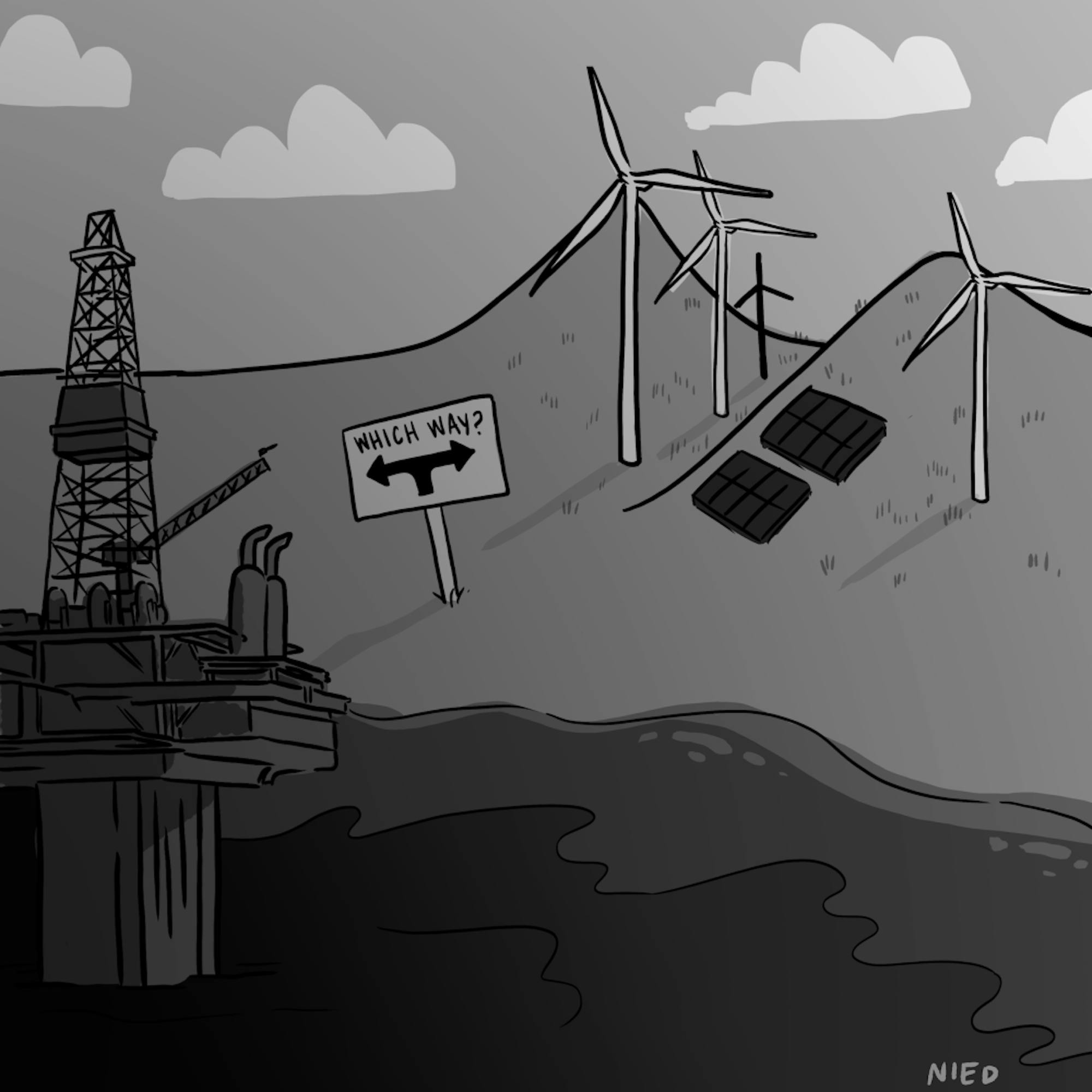In January 2017, ConocoPhillips, the largest crude oil company in Alaska, proposed the Willow Project — an oil drilling project in the National Petroleum Reserve in Alaska that will take decades to complete and could produce up to 600 million barrels of oil. Since the proposition, the project has been seeking government consent, and President Joe Biden’s administration recently approved the project on a smaller scale than what was proposed. While Alaska’s Congressional delegation argues that the project will create jobs, boost domestic energy production and reduce the country’s reliance on foreign oil, environmentalist politicians such as Al Gore described the project as “recklessly irresponsible.”
According to the Biden administration’s estimates, the project could produce 278 million tons of greenhouse gasses — which is equal to adding 2 million cars to the traffic — over the course of a 30-year span. The project faces significant opposition from environmental groups and Indigenous communities, as it not only threatens the local communities in Alaska but could also exacerbate the climate crisis. Drilling and construction in the fragile Alaskan ecosystem will negatively impact habitats of endangered or vulnerable species such as polar bears, walruses and caribou. As the proposed location is used by Indigenous communities for hunting and fishing, the project also concerns Indigenous rights. The development of the project would harm their traditional ways of living and cultural heritage.
The extraction, production and consumption of oil all contribute to climate change through the process of burning fossil fuels. Climate change threatens to destroy habitats, reduce biodiversity and potentially cause serious harm to the health of our planet. It is essential to take these environmental consequences into account when developing such projects. Though the Biden administration has approved the project, they should have been more considerate of environmental factors.
Nevertheless, Biden’s incentives to approve the project are understandable: Drilling more oil will mean the United States is less dependent on oil from notable human rights abusers like Saudi Arabia and Russia. We paid for this dependence dearly when gas prices went up and inflation increased after the Biden administration imposed sanctions on Russia and stopped buying Russian oil.However, the way to achieve energy independence is not by drilling more oil, but by pursuing renewable energy projects, which would create independence without hurting the climate. For more clean and renewable energy to truly take hold in America, though, we need permitting reform.
The idea of permitting rules for projects was largely born with former President Richard Nixon’s signing of the National Environmental Policy Act — a bill meant to stop projects that would hurt the environment. Unfortunately, NEPA is now often used to stall projects for reasons unrelated to the environment. In 2022, Sen. Joe Manchin (D-W.Va.) proposed a bipartisan permitting reformbill. The reform would have placed a time restriction on how long NEPA reviews could last and would have helped the government meet goals laid out in the Inflation Reduction Act. However, the proposal was tanked by right-wing Republicans as retaliation for Manchin’s support for bills like the Inflation Reduction Act and by progressive Democrats who argued it would lead to more pipelines being built. While permitting reform may have led to more pipelines, such as the controversial Mountain Valley Pipeline in West Virginia, it would also have cleared the way for many clean energy projects that are stalled due to excessive permitting laws. In fact, 42% of projects stalled by NEPA are related to clean energy while only 15% are related to fossil fuels, according to a 2021 R Street policy study. For this reason, Manchin’s permitting reform was a practical proposal which would have done more good than harm.
One consequence of excessive environmental regulation that Manchin’s bill would have curbed is the Ten West Link transmission line: a high-voltage transmission line project from Arizona to California that was stalled pending regulatory approvals for eight years until this January. In some states, permitting processes go even further. California, for example, has the California Environmental Quality Act, which was based on NEPA. Intended to protect the environment, this law is currently being used by oil companies to block an oil drilling ban in Los Angeles.
Ultimately, it is understandable that there is hesitancy around relaxing regulatory rules because we often think of them as protecting the environment. Still, the data is clear: Such rules do more to stop the type of infrastructure projects required to become an energy independent country and move away from oil than help the environment. As the threat of climate change continues to worsen, it is essential that we pass permitting reform.





